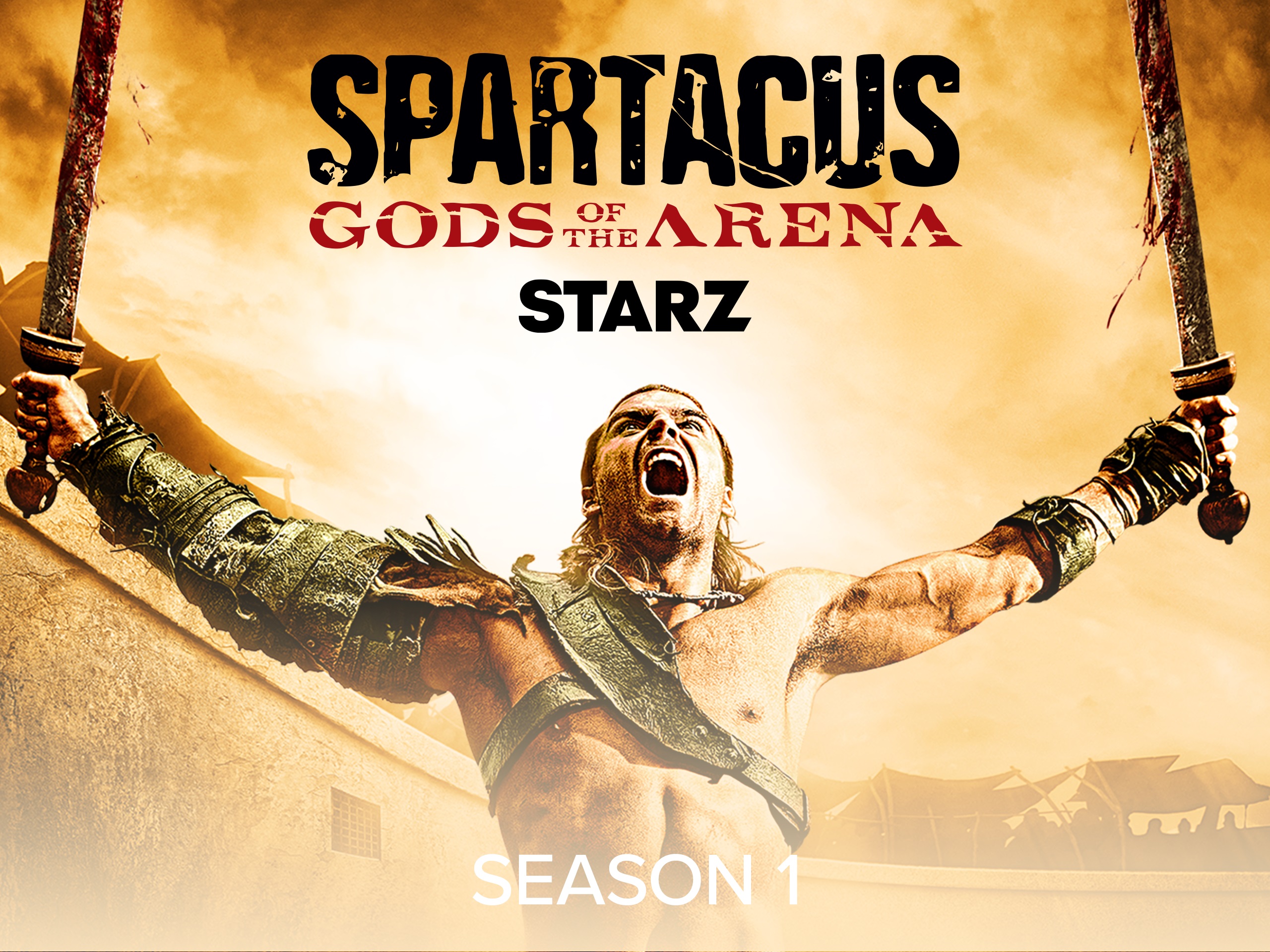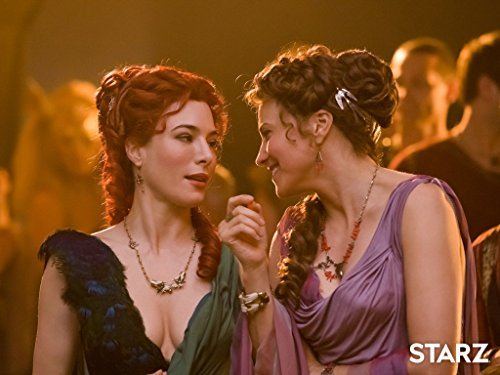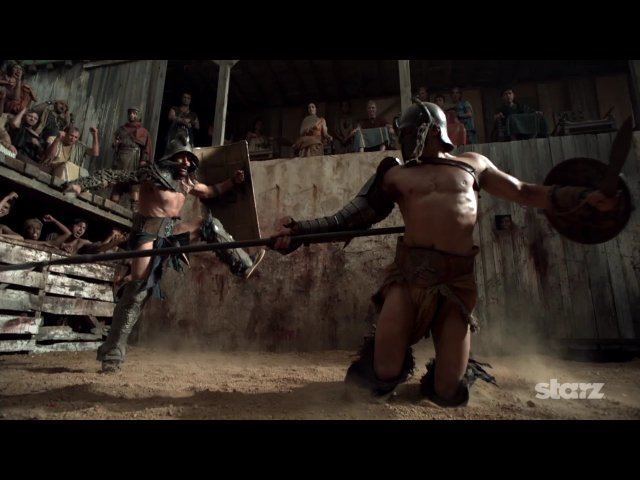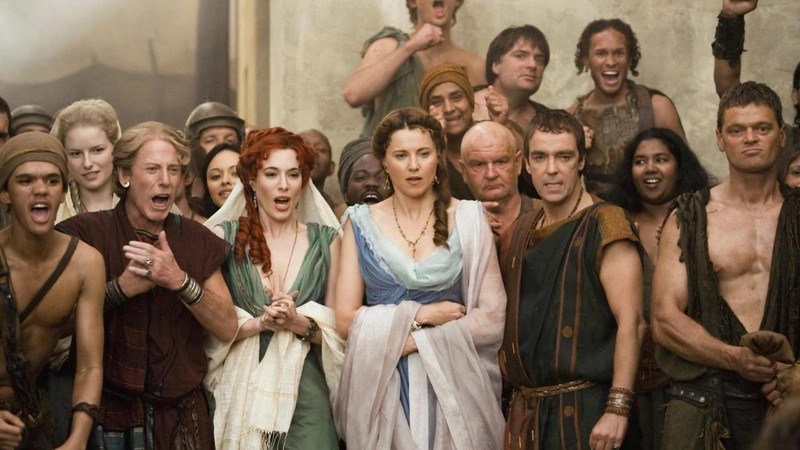Spartacus: Gods of the Arena (2011)

Spartacus: Gods of the Arena (2011) is a captivating short television series that serves as a prequel to the popular show Spartacus. Aired on the Starz network, this series delves into the world of gladiators and their struggle for freedom and power in the Roman Empire. The series focuses on the rise of Gannicus, the first gladiator to represent Lentulus Batiatus and become the Champion of Capua, offering viewers a deeper understanding of the brutal gladiatorial arena and the complex characters that inhabit it.
Set in the time before the events of Spartacus, the story revolves around Gannicus, played by Dustin Clare, a talented and fearless gladiator who has earned the title of Champion. Gannicus’ journey is one of ambition, pride, and survival as he navigates the treacherous world of gladiatorial combat, where life and death are determined by the whim of the crowd and the gladiator’s ability to fight. His rise to prominence is shaped by his loyalty to his fellow gladiators and his complicated relationships with those around him, including his master, Batiatus, and the other fighters.
One of the main themes explored in Spartacus: Gods of the Arena is the notion of power and control. The gladiators, who are slaves forced to fight for the entertainment of the Roman elite, struggle to assert their own agency within a system that dehumanizes them. Gannicus, in particular, is portrayed as a character who constantly seeks to break free from the shackles of servitude while also navigating the political intrigue and manipulations of his master, Batiatus. The series showcases the gladiators’ fight not only for survival in the arena but also for their dignity and freedom, even when it seems like all hope is lost.

The character development in Spartacus: Gods of the Arena is a standout feature. Gannicus’ arc is compelling as viewers watch him evolve from a brash and carefree fighter to a more reflective and conflicted individual. The relationships between the gladiators and their captors are also well explored, particularly the complex bond between Batiatus and the fighters. The characters are multi-dimensional, and the series does an excellent job of showing both their strengths and vulnerabilities, making them relatable despite the extreme circumstances they find themselves in.

Visually, the show captures the same intense action, dark atmosphere, and graphic violence that made Spartacus so popular. The fight scenes are brutal and expertly choreographed, allowing the viewer to feel the raw energy of the gladiatorial battles. The production design and costumes effectively transport the audience to the ancient Roman world, enhancing the immersive experience. The series also balances its intense action with moments of emotional depth, providing a rich narrative that explores the human side of the gladiators’ experiences.

In conclusion, Spartacus: Gods of the Arena is a thrilling and engaging prequel that expands on the world introduced in Spartacus. With a compelling story, complex characters, and breathtaking action sequences, the series offers a deeper look at the gladiators’ fight for survival and freedom. It serves as a worthy addition to the Spartacus franchise, highlighting the struggles, ambitions, and personal growth of its characters while maintaining the gritty, intense tone that fans of the original series have come to love.











